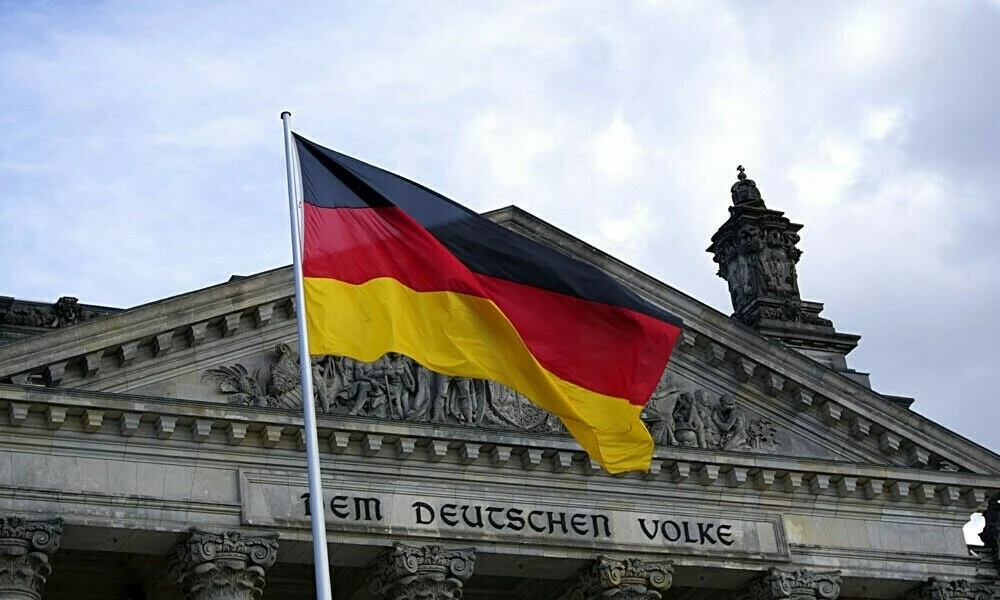Germany to dodge recession at start of year: central bank

Stay tuned with 24 News HD Android App

The beleaguered German economy likely expanded slightly at the start of the year, dodging a recession, due to improvements in manufacturing and exports, the country's central bank said Thursday.
But the Bundesbank warned that a "far-reaching recovery is not yet assured" in Europe's biggest economy, which has faced high inflation, a slowdown in its factories and weak demand from abroad.
Output shrank at the end of 2023 and the central bank had previously predicted a second consecutive quarter of contraction, which would have led to a technical recession.
But, in its monthly report, the bank said the picture had now "brightened somewhat".
"Real gross domestic product is likely to have increased slightly in the first quarter," said the Bundesbank.
The report put this down in part to rising industrial output. An "exceptionally strong" performance in the construction sector due to mild weather had also provided support, it said.
Improving exports, which jumped far more than expected in January, also provided a boost, it said.
But it warned that industrial production remained weak in many sectors, demand for German exports was still tepid and consumer spending was languishing.
"Overall, there is still no sign of a sustained improvement in the German economy," it said.
Preliminary first quarter growth data will be released on April 30.
After its key manufacturers were hit by surging energy prices when Russia invaded Ukraine in 2022, Germany has struggled to revive the economy in the face of a host of other challenges.
These range from shorter-term woes, such as problems in key export destination China, to deeper structural problems like an ageing population and a shortage of skilled workers.
The economy shrank 0.3 percent last year, and the recovery is set to be slower than once hoped for.
The International Monetary Fund this week slashed its growth forecast for the country, predicting it will only manage a weak recovery of 0.2 percent this year, due to poor consumer sentiment.
The German government also downgraded its forecasts in February and sees output expanding by the same figure.
